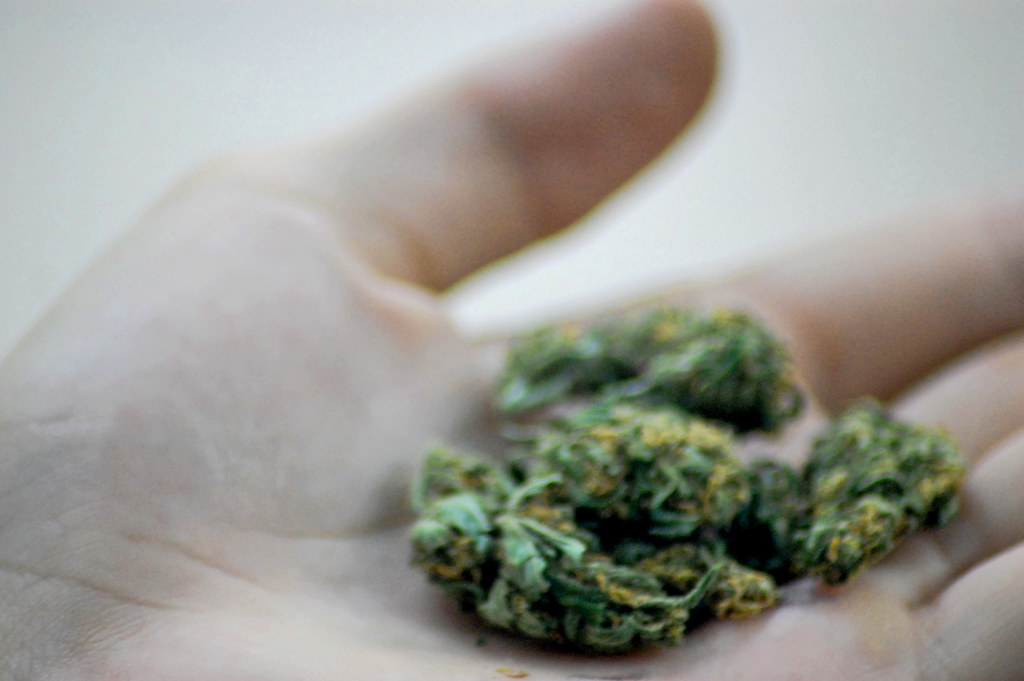| http://www.trbimg.com/img-5647a42b/turbine/la-fg-paris-attacks-20151113 |
November 13th attack on Paris rattled, horrified and scared me. For people living in large cities like New York, part of the horror was the visceral feeling that it too could happen here, that it could happen to me. It made us fear for our own safety: safety in terms of “our world”, “our nation,” “our city," and ultimately “my life.” This is terrorism defined; the aim of the terrorists is to hold us hostage so that we constantly fear, question our safety, and ask ourselves “what if?” Anxiety, dread and distrust are their invisible weaponry. They work to unravel the fabric of our society: we begin seeing “the other” in each other, whether they are different from us in country of origin, ethnicity, religion, subtle differences in our political positions. We are meant to come undone; the collective sense of us is attacked from within.
Immediately after the attack countless disagreements, confrontations, and “un-friending” occurred on Facebook, one reflective surface of our society. When confronted with personal and collective helplessness we project aggression and fear in the form of righteousness, outrage and certainty onto others. We use social media as an outlet to deal with our unprocessed anxieties and shout at each other that there is a correct way to feel, respond and display our discomfort.
In the real world, however, we have to manage our feelings privately. Perhaps there are quieter, more useful ways to consider living with uncertainty of global terrorism.
Accept and acknowledge your fear and anxiety.
Fear for personal safety and safety for loved ones is real; again, this is, sadly, the logic of terrorism. Looking closer at fear there is helplessness; the recognition that we cannot control our immediate environment, that danger lurks everywhere. Acknowledge that this is an universal experience for the human animal when faced with uncertainty of physical harm. Acknowledging these uncomfortable feelings to ourselves is necessary so that we can contain it and prevent it from running amok.Share your feelings with others.
In times of collective fear, talking about your anxieties with friends, family and neighbors will help contextualize the experience. Recognizing that that anxiety and fear is a universal, shared reaction helps us contain the fear individually and strengthen personal connections at the same time. Another positive part of talking about it is that maybe you and your friends and family will come up with a plan in the event something like this happens in your city. Sharing can also look like a joining a march or a demonstration, connecting with a larger community of people going through similar reactions.Empathize.
This is an obvious one but recognize that families and friends of the attack victims are grieving and mourning (this is especially painful because majority of the victims were so young). The injured, the bystanders and witnesses, and all of Paris and France, will undoubtedly struggle with Post Traumatic Stress Syndrome and other forms of intense fear and anxiety. Parisians and French citizens who are Muslim will face additional hardship of being associated with the attackers because of their “shared” religion; they will be confronted with suspicion, racism, and anger, all byproducts of fear.
Empathize.
When dealing with others’ seemingly unreasonable reactions that are different from yours rather than being reactive — acting on your gut feelings and thinking how can they be so “stupid,” “racist,” or “ignorant” try reframing their reaction from various personal limitations they could be dealing with. For someone who already feels helpless, an event like this delivers a double punch: their existing vulnerabilities could be triggered on top of the collective vulnerability.
Get informed.
I know there is another school of thought which says we should limit our exposure to news and world events that can de-center us. We are to focus our attention solely on our particular experiences and not get “wound up” in negativity that can make us feel helpless or hopeless. But there is a different way. Being firmly grounded in our personal lives and values anchors us and allows us to be lead by curiosity. Staying current with world events enriches us with a more nuanced view of the world and help us feel that we are part of history. And we will inevitably learn that we are all connected, not just in the “spiritual” sense but in more concrete ways, helping us become more empathic with one another.
Reflect on the nature of LIFE: life is framed by birth and death.
The tragedy of Paris show us how quickly a life can be extinguished. Reflecting on the inevitability of death is a Buddhist way to help us to not get attached to fear. By framing fear around the certainty of death, it helps us re-contextualize our troubling reactions to uncertainty of living in the age of global terror. It can also leads us to a deeper appreciation of life, the knowledge that being present, or being mindful, with ourselves, our loved ones, and the world is in essence all we have; it is what we call life.

